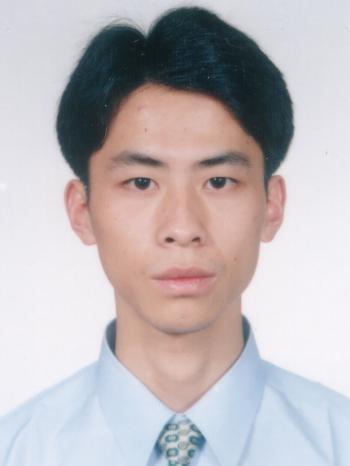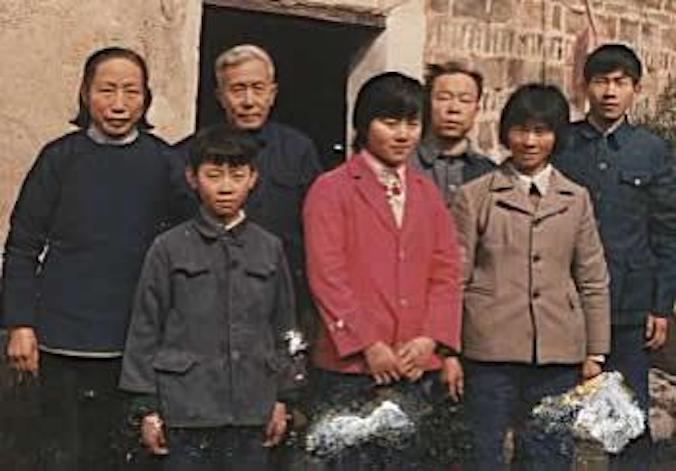Every time Huang Wanqing walks past a promotion of “Body the Exhibition,” he may wonder if it’s the mutilated body of his brother staring at him from the posters.
Mr. Huang’s brother, Huang Xiong, was persecuted by communist authorities in China for his beliefs. He was held at a labor camp and monitored after release. In 2003, he disappeared in Shanghai. Huang believes his brother was kidnapped by the regime and likely died in custody.
Some in the regime’s leadership, however, especially the Communist Party head Jiang Zemin, treated Falun Gong’s rising popularity as an ideological threat to the party’s doctrines and in 1999 launched a statewide campaign of repression and propaganda against Falun Gong.
Human rights organizations have estimated millions have been imprisoned as part of the campaign and, conservatively, thousands have died, usually as a result of torture in detention.
“Body the Exhibition” displays actual, plastinated (silicone-preserved) human bodies. It caused controversy for lacking documentation of the source of the bodies and consents of the deceased or their relatives regarding their posthumous public display for profit.
JVS Group, the company that invited the exhibition to Prague, thanks Zaller and a Chinese plastination company Dalian Hoffen Biotech in its promotional materials.

The exhibition has run into significant resistance in Czech Republic, where law requires deceased human bodies to be treated with respect and properly buried.
Czech Ministry for Local Development has asked Prague officials to confiscate and bury the bodies on display, but police has refused to act on the request without a court order. Jan Čižinský, mayor of the Prague municipal district where the exhibition takes place, intends to take the matter to court.
“It is necessary to turn to court, so it becomes clear, once and for all, that such unethical exhibitions can’t be in our country and that respect for the deceased isn’t just an empty phrase in an unenforced law,” Čižinský said.





